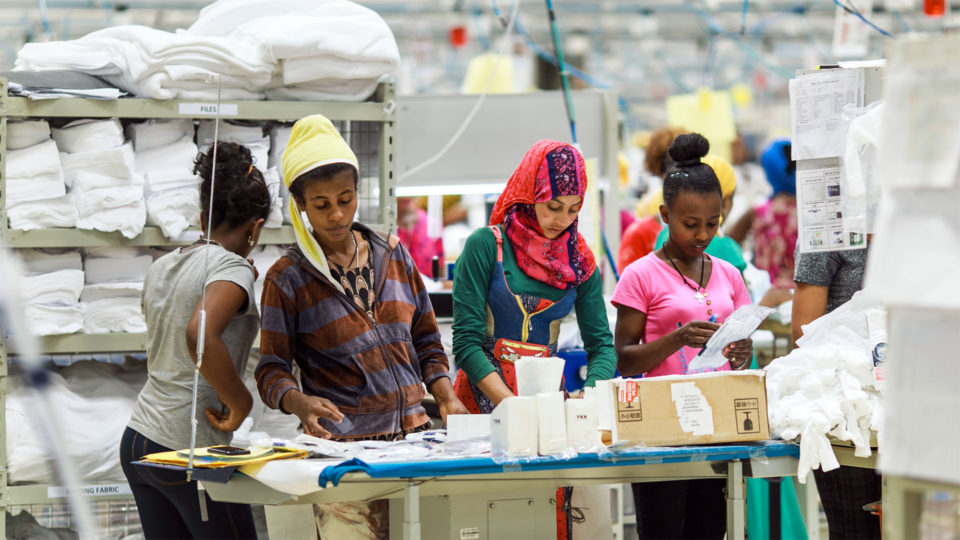Fashion giant Phillips-Van Heusen Corporation (PVH), which owns Tommy Hilfiger and Calvin Klein was recently accused of practicing unethical operations in Ethiopian factories. Reports says that Ethiopian workers who make clothes for their high-street stores routinely face verbal abuse and discrimination and earn as little as 12 cents per hour. The investigation has also wrapped the name of H&M under its cusp of allegation.
According to the U.S.-based Workers Rights Consortium (WRC), which monitors labour conditions worldwide, PVH supplier factories are accused to practice verbal abuses and forced unpaid overtime. Reportedly, the workers lose pay for drinking water at their work stations.
“Unfortunately for the country’s garment workers, there is a yawning gap between the brands’ ethical pretentions and the workplace reality for the people sewing their clothes,” said Penelope Kyritsis, a researcher with the WRC.
In defense, the brand’s spokeswoman claimed, “We will conduct an immediate and thorough investigation and take appropriate action if any violations are found.” It was also reportedly claimed by the brand that the PVH takes the allegations raised in the WRC report very seriously and that some of the interviews presented against are two years old and the alleged Hawassa Industrial Park and its practices have evolved since then. Also thespokeswoman said that sourcing clothes from Ethiopia supported the local economy and promoted job creation.
Although, Ethiopia does not have a minimum wage, companies sourcing from Ethiopia have a code of conduct prohibiting abuse, WRC said.
PVH is one of the world’s top clothing companies, generating nearly $9.7 billion in revenues in 2018 with about 1 million garment workers in its supply chain, according to its website.
A January study of Ethiopia by the WageIndicator Foundation – which publishes data on pay around the world – found that the majority of some 1,000 garment factory workers it surveyed earned less than a living wage of 4,130 birr ($143.90) a month.

